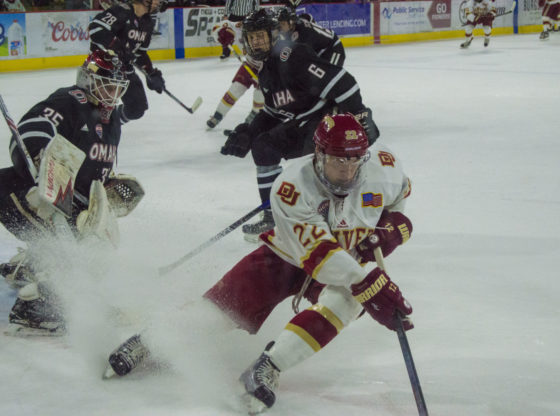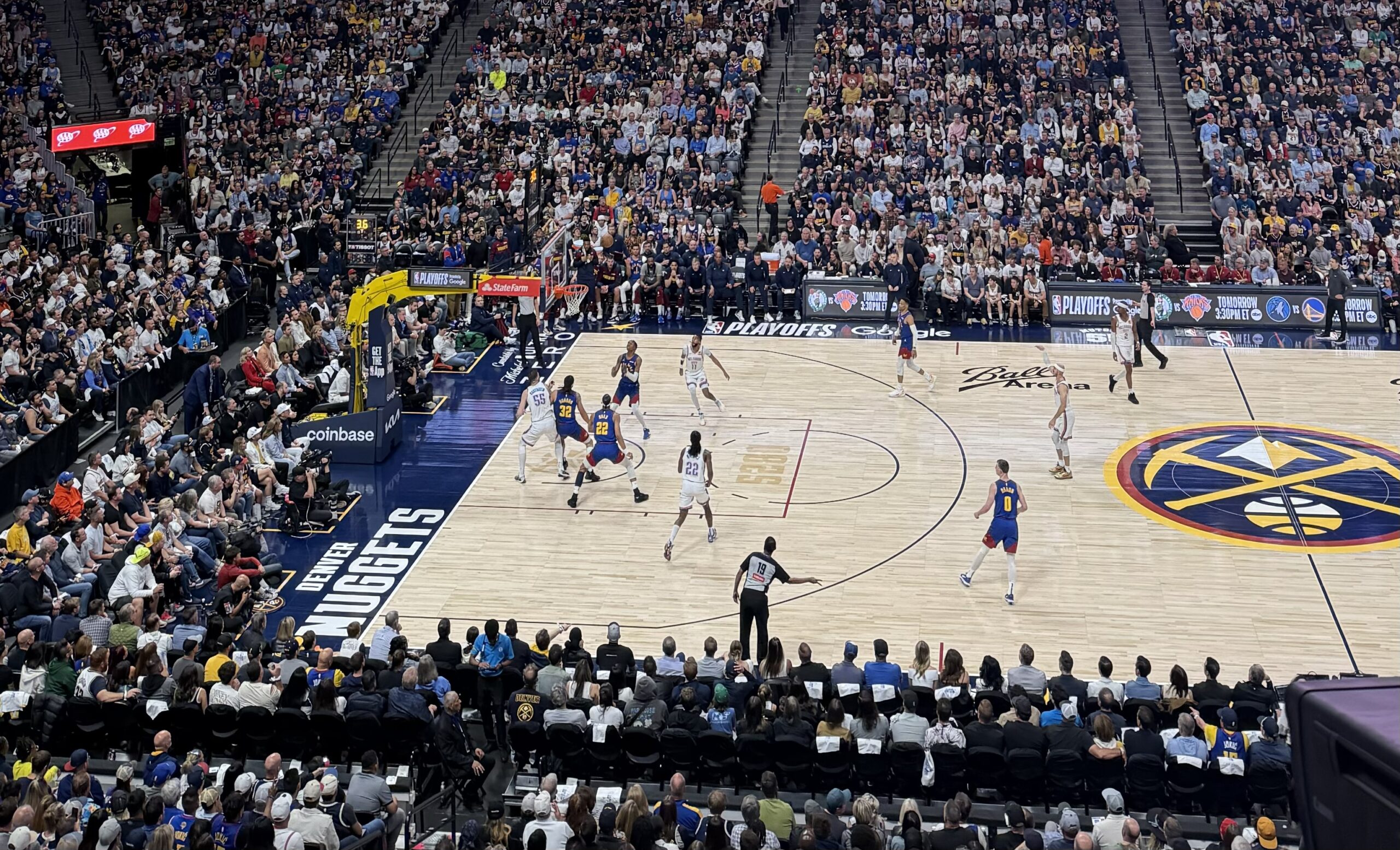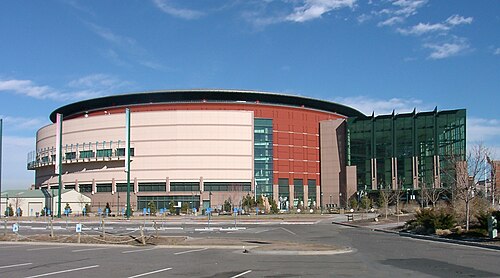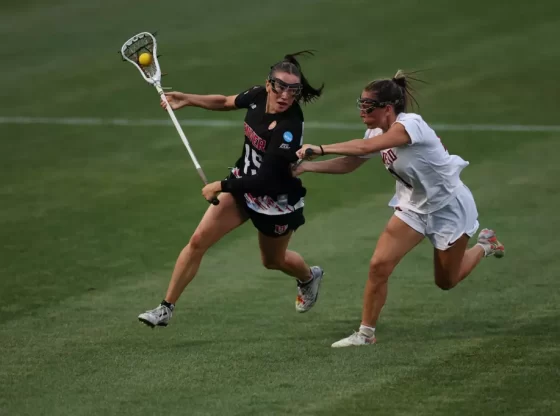 Photo by:
Photo by:
The University of Denver hockey program announced a milestone decision Wednesday morning, when it formally joined the newly formed National Collegiate Hockey Conference (NCHC) as a founding member at the historic Penrose House in Colorado Springs, Colo.
The new conference will commence play during the 2013-2014 collegiate hockey season featuring six of the nation’s top NCAA Division I teams, including Colorado College, Miami (Ohio) University, University of Minnesota Duluth, University of Nebraska Omaha and University of North Dakota.
DU remains in the Western Collegiate Hockey Conference for the next two seasons, departing away from the WCHA along with CC, UND, UND and UNO.
Miami is the only NCHC founding member that is not currently a member of the WCHA. The Red Hawks break away from the Central Collegiate Hockey Association.
The groundbreaking shift of six nationally prominent teams forming their own conference coincides with the start of the new Big Ten Hockey Conference, which also starts play in 2013-2014 and will feature two former WCHA teams in Wisconsin and Minnesota.
“The creation of the National Collegiate Hockey Conference, as well as the Big 10, is really going to change the landscape of college hockey in a positive way,” said University of Denver head coach George Gwozdecky hours after the conference was unveiled officially. “This move allows for expansion throughout the country as new schools want to move up to the Division I level or create new programs.”
The league has extended an invitation to Notre Dame of the CCHA, according to reports in the Denver Post. The Fighting Irish, a member of the 2011 NCAA tournament, are expected to choose between the NCHC and Hockey East.
“We are looking at a lot of different school and plan on the conference being at least seven teams, and possibly eight teams by 2013,” said Gwozdecky. “I can’t answer for what the Notre Dame program is thinking or what they will decide to end up, but we will continue looking to expand.”
In the upcoming weeks, the NCHC will be searching for a league commissioner and then will begin slotting important events such as the 2014 NCHC postseason.
“No decisions have been made at this time and there’s a ton still to be determined,” said Gwozdecky. “The state of Colorado has venues that could potentially [host a postseason event] such as the Pepsi Center, or elsewhere, but all I know is it’s very difficult to say right now.”
The new conference will certainly be a powerhouse moving forward as it boasts four NCAA National Champions, 14 NCAA Frozen Four appearances, 12 conference regular-season championships and nine conference tournament championships since 2000-2001 season amongst its six founding members.
In addition to that, the six teams were all participants in this season’s NCAA Men’s tournament, which Minnesota Duluth went on to win, becoming national champions.
“The common thread among all institutions is a commitment to maintain a high quality level of college hockey,” said Gwozdecky. “The conference will provide a known structure and framework in the foreseeable future, which each institution can use as stability moving forward in these challenging times with our sport.
“The conference realignment started to happen this past spring. We believe this provided an opportunity to assess the landscape and make decisions for what’s in the best interest of each institution and college hockey as a whole.”
As for the depleted WCHA, a conference that was home to the University of Denver during its glory years in the 1960s and in the 2000s, it promises to remain intact past the 2012-2013 season when Denver and six others plan to leave.
The Denver-based WCHA released a statement from its public relations arm in Madison, Wisc.:
“The history of the WCHA includes numerous eras of expansion and contraction but what has remained constant has been our success – both on and off the ice. Our remaining member institutions – Alaska Anchorage, Bemidji State, Michigan Tech, Minnesota State and St. Cloud State – are absolutely committed to both Division 1 hockey and the WCHA and as an Association we will continue – as we always have – to provide a first-class product.”
The WCHA is home to 37 national championships teams since its founding in 1951.
“I know this will signify a great day for college hockey years ahead,” said Gwozdecky. “Some people will challenge it right now, but we’re all confident in this development and what it means for the future of the sport.”









